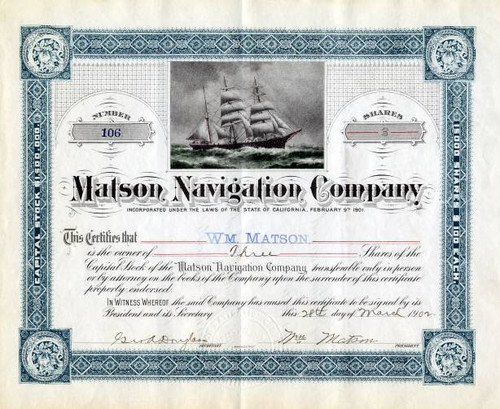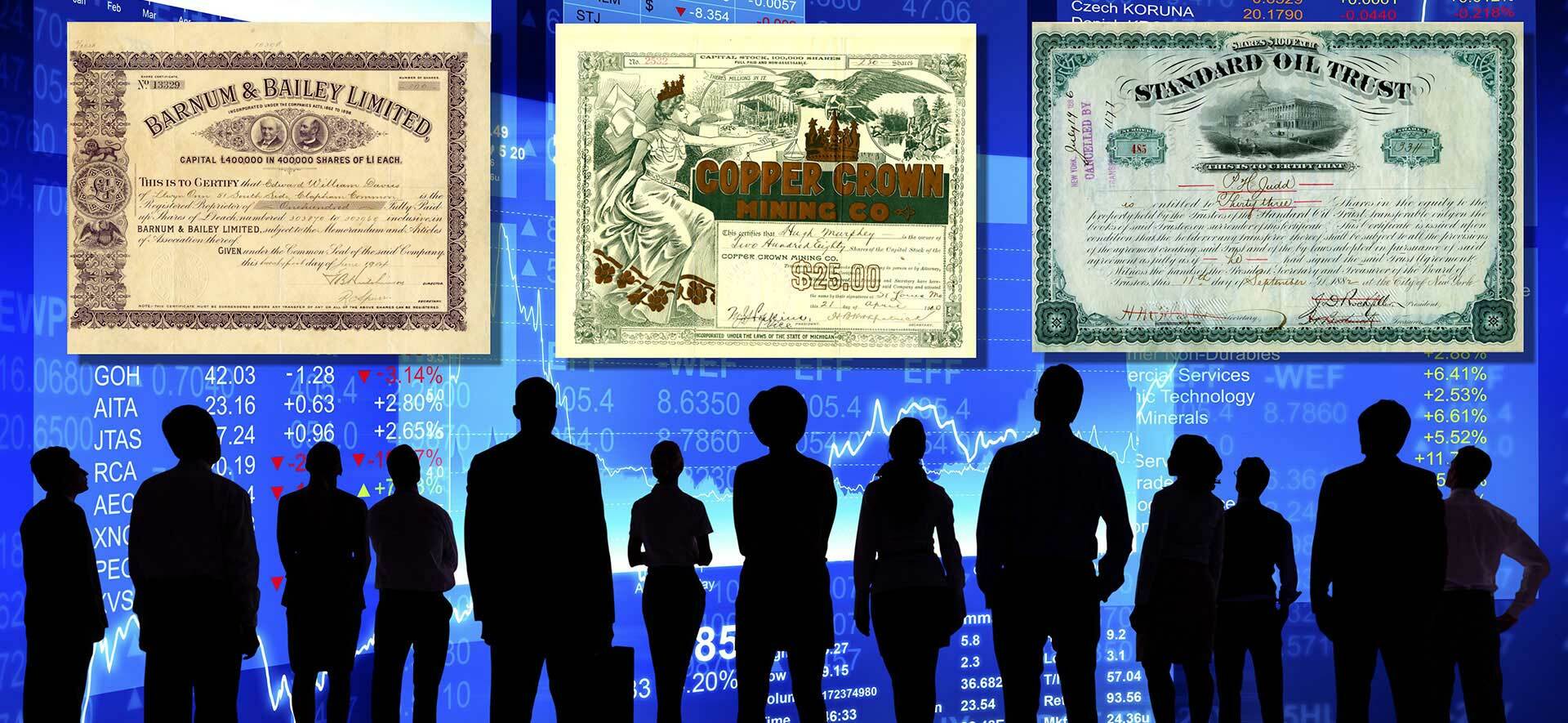Invoice dated 1791, for goods purchased on board the Sloop Merrimack, as shipped by Captain Henry Masters for Newbury consigned to Merchant Moses Brown. Document is two pages, each with a nicely penned account of good purchased and sold; along with a brief note from Samuel Caotes. 9"x14". Fine condition, signed by twice by Samuel Coates (Once on front and once on back). This item is over 217 years old. SAMUEL COATES AMONG the merchants of Philadelphia who united the traditions and experience of the ante-revolutionary period, with the stirring activity and commercial excitement which followed the establishment of peace, Samuel Coates for many reasons deserves mention, He was in some sense a representative man, who kept up during his life, in business matters, a full show of what commerce and business had been in Philadelphia, in the good old time. He represented that elass of merchants, of whom there were in former times a large number in the city, who made business not only a means of support merely, but enabled them 'to contribute largely to objects of philanthropy and public benefit. After the signature of Samuel Coates might properly have been written "philanthropist and merchant." For although as a business man he was faithful and discreet, yet during many years of his life, business was with him of secondary importance to the prosecution of plans which were for the benefit of others. The Coates' are an old Philadelphia family. Thomas Coates, the grandfather of the subject of this sketch, came to the city in 168-t, from Leicestershire, England. As usual with the men of means of that da}:, he became a landholder in the infant colony. But being also of business education, he became a merchant, being exem- porary with Samuel Carpenter and other enterprising citizens of young Philadelphia. The father and mother of Samuel Coates died whilst he was yet a child, and they left but small means. But the boy found a friend in his uncle, John Reynell, and he was taken into his family. Under the generous care of this patron, he was carefully educated in the English branches, and received a very fair elassie instruction, which controlled his tastes in afterlife. Reynell directed the thoughts of his protegee to mercantile pursuits, and he was secured an excellent business education. The confidence of Reynell in the solid qualities and prudence of Samuel Coates, was such, that in the year 1768, Samuel being then but nineteen years old, he was furnished with a small capital, and trusted to carry on business for himself. For three years this very young merchant conducted his own affairs. The experiment was in every way satisfactory, and in 1771 he was removed to a larger sphere, being taken by his friend Reynell as a partner. This connection was soon rendered of but little practical value by the events of tho American Revolution, and after lingering through several lull years of the struggle, it was closed, in 1782, by the withdrawal of John Reyiu'll, leaving .Samuel Coates in possession of the business. A partnership of short duration was then formed by Samuel Coates with his brother, Josiah Langdale Coates, but the latter soon withdrew from the connection, and in 1785 to find that Samuel was in business alone in a building at the northwest corner of Front and Walnut streets, (still in existence,) and Josiah, as u grocer, in Church alley, between Second and Third streets. In 1791 Samuel was located as a merchant at 82 South Front street, at the corner of Walnut street, which was the place of his business for many years afterwards. He died in and was buried from this place. After the close of the Revolution Mr. Coates devoted himself to the establishment of a business with New England. Newburyport, Mass., was at that time a place of active trade, and Coates opened a correspondence with Moses Brown, and the Bartlett brothers. Among other houses with which he had transactions, extending over many years, were Benjamin Willis of Portland, Maine, and John A. Curtis Bolton. of Savannah, Georgia. The fearful epidemic of 1793 found Samuel Coates among the few citizens of means who remained in the city. He was appointed, together with Benjamin "W. Morris and George Rutter, upon an assistant committee to the principal committee of citizens. It was the duty of this sub-committee to seek out and recommend suitable objects for relief. The boundaries of its jurisdiction was from the south side of Walnut street to the north side of Spruee street. During tho continuance of the epidemic Mr/ Coates was earnest, useful and faithful. His duties at this time seem to have directed his attention to matters of kindness and usefulness to his fellow men; although before that time he had become connected with some important institutions. He was elected a manager of the Pennsylvania Hospital, in 178Л, in the place of George Mifflin, deceased. Of this institution ho became an active and conscientious supporter, serving in various offices, devoting his time to its prosperity, and never failing in readiness to answer every demand for his assistants. His fellow'.v managers testified their sense of his services. in 1812, by electing him President of the Board, whir office he was afterwards compelled to resign, upon account of physical infirmity, after forty-one years of unremitting attention to the interests of the Hospital. His portrait, by Sully, is in the possession of the institution, and honor well merited by his many years of devotion to the interests of the aflliated. A service nearly as long as that given to the hospital was extended by Samuel Coates to the body entitled "Tho Overseers of the Public Schools, founded by charter in the town and county of Philadelphia;" which body was the ruling authority managing what were called "the Quaker Schools," so long located on Fourth street, below Chestnut. Mr. Coates was nominated and appointed to be an "Overseer" in 1786, and resigned his position in 1823, after a service of thirty-seven years. In 1800 he was elected a Director of the first Bank of the United States, and served in the Board with Thos. Willing, the President, Elias Bnudinot, Samuel В reek, Arehibald MeCall, Wm. Bingham, Robert Smith, Isaae Wharton, Thos. Ewing, Jeremiah Parker, and others. The first Bank of the United States was managed on very different principles from the second. It was one of the few banking corporations in the country which ever wound up successfully on the expiration of the term for which it was chartered; all its debts were paid; the stock was paid in full, and in tho end--about 1811--every stockholder, beside his annual dividend, received $197..12 for every 8100 invested. Mr. Coates' ideas of banking were prudent, and if followed at this day could not result in anything but a successful issue. His maxims on tho subject were as follows : 1. A bank cannot bear the shadow of suspicion. 2. A bank is created to fulfill commerce, and has nought to exist for any other purpose. [When these opinions were uttered, manufactures had not become as important as they ПОЛУ are. The addition of "manufactures" to "commerce" would at this time meet the theory of Mr. Coates.] 3. The proper check on the imprudent management of a bank consists in a deadline of the market value of its stock. 4. No reasonable man will give money for the stock of a bank at any price at all, if it was used for any other purpose than facilitating commeree [or manufactures.] 5. Or if it to at a place that is not commercial [or a manufacturing centre]. 6. Or if its capital is out of proportion to the business of the place, History from Biographies of Successful Philadelphia Merchants By Stephen Noyes Winslow
Invoice of Goods shipped by Sloop Merrimack signed twice by Samuel Coates - Philadelphia 1791
MSRP:
$495.00
Was:
Now:
$395.00
(You save
$100.00
)
Write a Review

Invoice of Goods shipped by Sloop Merrimack signed twice by Samuel Coates - Philadelphia 1791
- SKU:
- newitem112291182
- UPC:
- Gift wrapping:
- Options available in Checkout

Add to Cart
The item has been added
Lit Brothers - Famous Philadelphia Department Store signed by Samuel and Jacob Lit 1926
MSRP:
$39.95
Was:
Now:
$29.95

Add to Cart
The item has been added
Poulsen Wireless Corporation signed twice by George Pope - 1911
MSRP:
$249.95
Was:
Now:
$199.95

Add to Cart
The item has been added
Matson Navigation Company signed twice by Founder, William Matson - California
MSRP:
$995.00
Was:
Now:
$795.00

Add to Cart
The item has been added
S.T.R.A.C., Inc. - Signed twice by Charlie Sheen (Winning) - California 1986
MSRP:
$1,295.00
Was:
Now:
$995.00

Installment Homestead Association signed twice by David Solis Cohen - Portland, Oregon 1887 - Sold
MSRP:
$495.00
Was:
Now:
$0.00

Add to Cart
The item has been added
Lucky Charms Entertainment, Inc. Certificate #1 signed twice by Rosie O'Donnell - 1992
MSRP:
$795.00
Was:
$695.00
Now:
$295.00

Add to Cart
The item has been added
Dry Docks & Ship Repairs Corporation of Philadelphia - Delaware 1920
MSRP:
$99.95
Was:
Now:
$79.95

Add to Cart
The item has been added
Mercantile Library Company of Philadelphia 1890 signed by Morris Perot
MSRP:
$295.00
Was:
Now:
$250.00

Add to Cart
The item has been added
Goodyear Rubber Company Invoice 1913
MSRP:
$22.95
Was:
Now:
$13.95




